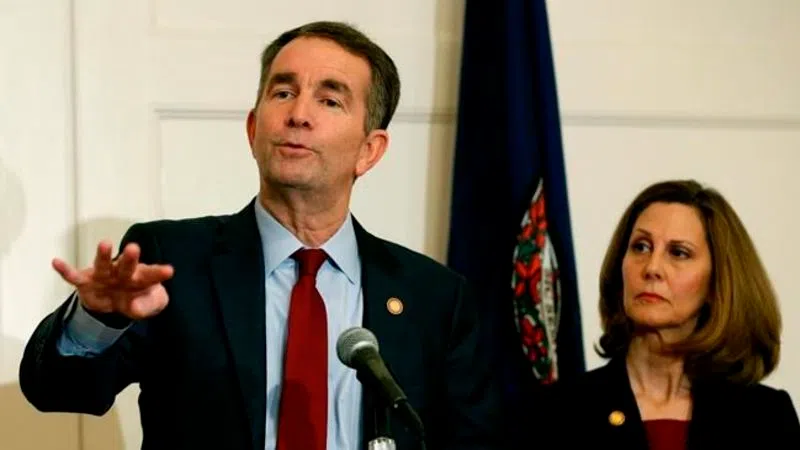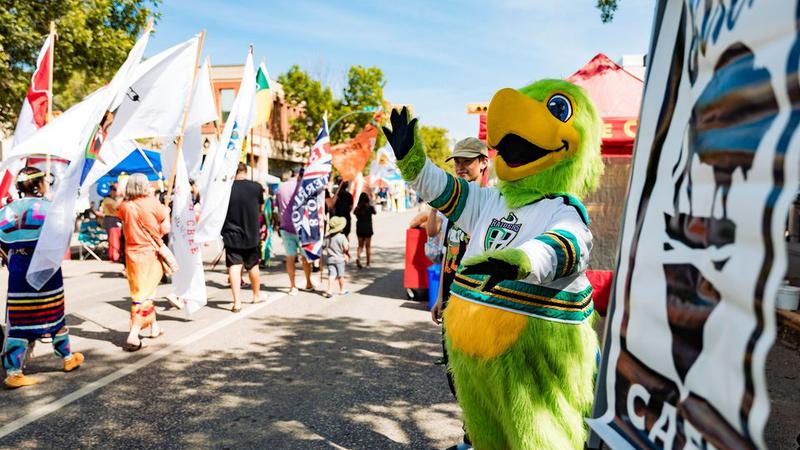
Mystery of racist photo in governor’s yearbook left unsolved
NORFOLK, Va. — The mystery of whether Virginia Gov. Ralph Northam was in the racist yearbook photo that nearly destroyed his career remains unsolved.
A months-long investigation ordered up by Eastern Virginia Medical School failed to determine whether Northam is in the picture published in 1984 of a man in blackface standing next to someone in a Ku Klux Klan hood and robe.
Investigators with a law firm hired by the school said Wednesday they couldn’t conclusively establish the identities of either person in the 35-year-old photo that was on Northam’s yearbook page alongside pictures of him.


